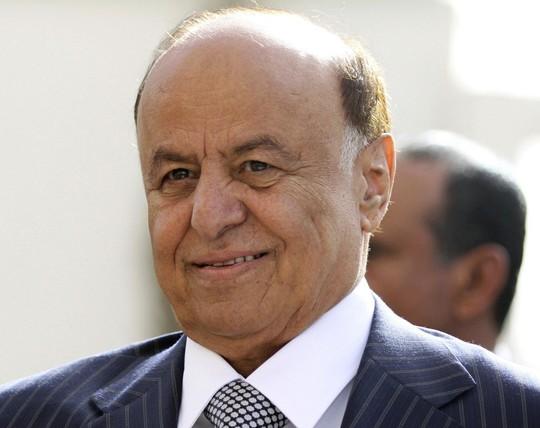 President Mansour Hadi of Yemen President Mansour Hadi of Yemen President Mansour Hadi of Yemen has agreed to a 72 hour ceasefire in the Yemen civil war. He also said the ceasefire could be extended under certain conditions. The announcement was made by Foreign Minister Abdel-Malek al-Mekhtafi on his official Facebook account:"The President agreed to a 72 hrs ceasefire to be extended if the other party adheres to it, activates the DCC (De-escalation and Coordination Committee) and lifts the siege of Taiz," The DCC is a UN-backed military commission that monitors ceasefires in Yemen. A start date for the truce has not been announced but Hadi is to meet with Ismail Cheikh Ahmed, the UN special envoy to Yemen, on Thursday to set a date. Hadi's government has been asking that there be humanitarian access to the city of Taiz. The rebel Houthis largely encircle the city with government forces having control of only one of four access routes. The Houthis took the capital, Sanaa, back in 2014 with the help of forces loyal to the former president Ali Abdullah Saleh. Although the Houthis have lost much of the south including the port of Aden, they hold most of the north and areas along the Red Sea coast. Previous ceasefires have failed. Saudi Foreign Minister al-Jubeir said the Saudis would accept the ceasefire if the Houthis agreed to it. So far there has been no response from the Houthis. Saudi-led airstrikes have been part of the campaign against the Houthis since March of last year. Several Gulf country allies have deployed troops to Yemen. The conflict has created a humanitarian disaster with an estimated 10,000 people having been killed, 3,800 of them being civilians according to UN estimates. The United States Britain, and the UN have urged both parties to declare a ceasefire. US Secretary of State, John Kerry, said in London Sunday: “This is the time to implement a ceasefire unconditionally and then move to the negotiating table. We cannot emphasize enough today the urgency of ending the violence in Yemen.” The Saudi-led coalition was recently found responsible for bombing a funeral that killed over a hundred people. At first, the Saudis denied making the strike but now are claiming it was based on false information.
0 Comments
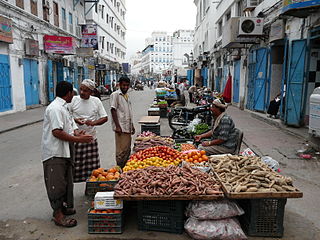 Traders on a street in Mukalla Traders on a street in Mukalla The casualty count varies but one source puts the toll at 35 dead in the Yemeni port city of Mukalla. Another twenty-five people were said to be wounded according to health official, Riad al-Jalili. Mukalla was held for a lengthy period by Al Qaeda in the Arabian Peninsula (AQAM) until a recent offensive by forces loyal to the recognized government of Premier Hadi drove them out in April after AQAM held it for a year. However, the attacks appear to have been launched by the Islamic State indicating their growing strength in Yemen. Mukalla is the capital of the Province of Hadramawt. A report in Al-Arabiya claims that at least 18 people were killed and claims the coordinated attacks were carried out by ISIS or the Islamic State. The attacks took place just as soldiers were about to break their day-long fast during the month of Ramadan. The IS claimed responsibility for the blasts through their on-line news agency Amaq. The first blast was at a checkpoint on the western approaches to Mukalla as the attacker detonated his suicide vest. Another blast was of a bomb-laden car at the military intelligence headquarters. The final blast was from an improvised explosive device that exploded just as the soldiers were to begin their meal. On May 23rd IS launched a suicide attack in the southern port of Aden that killed 40 army recruits. Militant groups have been able to take advantage of the civil war between Houthi rebels and the recognized government which is backed by the Saudis and other Gulf States. The government forces have been able to retake a considerable amount of territory in the south. The capital Sanaa and the north are still held by the Houthis. Al Qaeda in the Arab Peninsula (AQAM) has gained much territory during the civil strife. Yemeni security officials claim that though AQAM and the IS are ideological rivals and compete for fighters there is an overlap between the two groups. A security official said: “Sleeper cells still exist in Mukalla and we are working against them every day. Since the liberation of the city, security forces have arrested hundreds of Al Qaeda fighters in raids, uncovered plots and seized around 20 explosive cars.” According to a report in the Middle East Eye, in one attack the suicide bomber asked soldiers if he could eat with them and then blew himself up. The report gives a higher casualty figure of 42. The governor of Hadramawt Province, Ahmed bin Breyk said: "Mukalla witnessed five suicide attacks in four areas," At first the attacks were said to have killed 17 soldiers plus a woman and a child who were passing by but later the toll was raised to 42. The IS report claimed that 8 of its suicide bombers killed 50 Yemeni security forces. Militants still control several towns in the Wadi Hadramawt valley. The Pentagon admitted last month that a small number of special forces had been involved in the operation to drive Al Qaeda out of Mukalla.
|
Like this writer's work please donate:
Ken Hanly
Ken is a retired philosophy professor living in the boondocks of Manitoba, Canada, with his Filipina wife. He enjoys reading the news and writing articles. Politically Ken is on the far left of the political spectrum on many issues.
Archives
November 2016
Categories
All
|
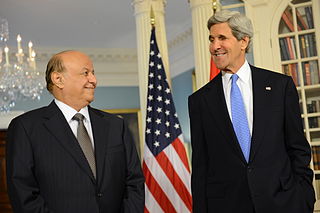
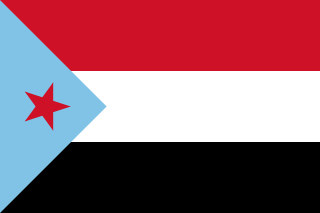
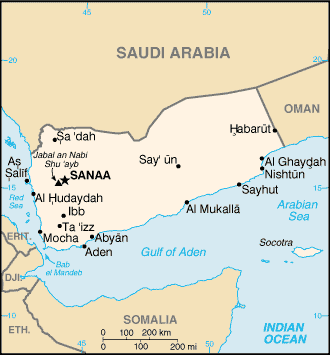
 RSS Feed
RSS Feed

